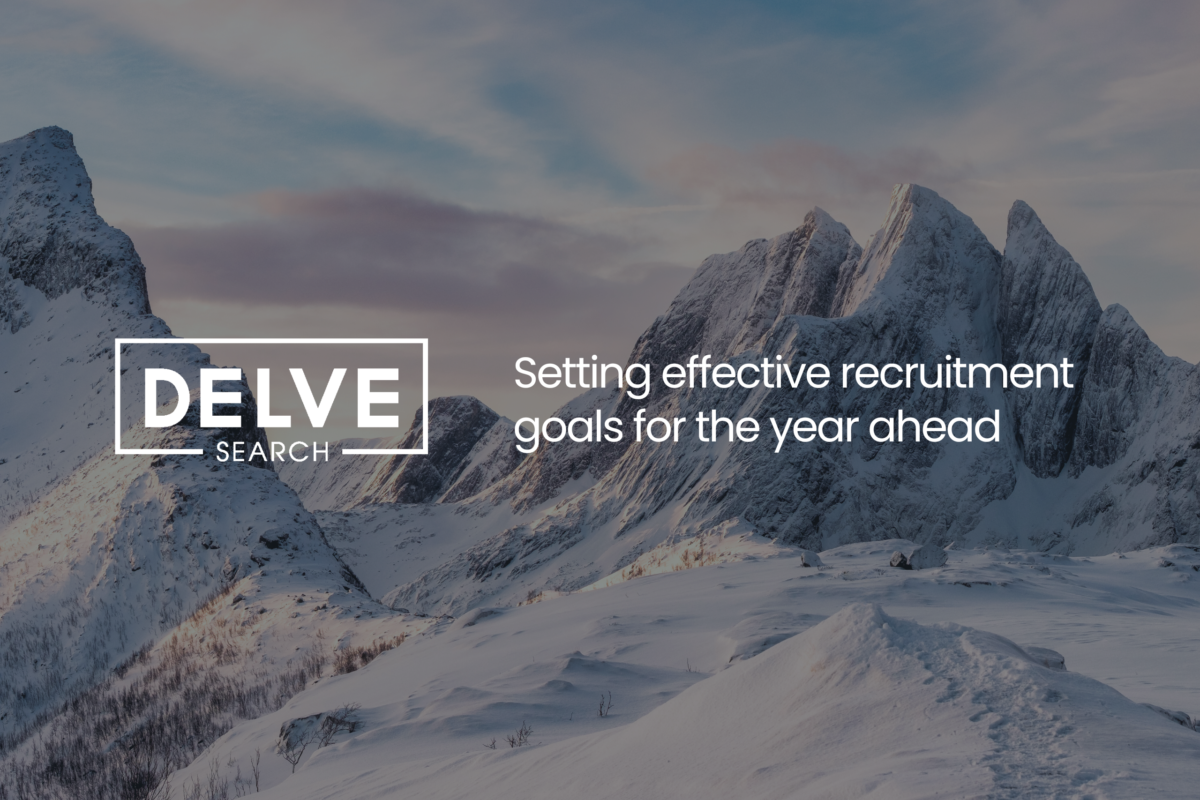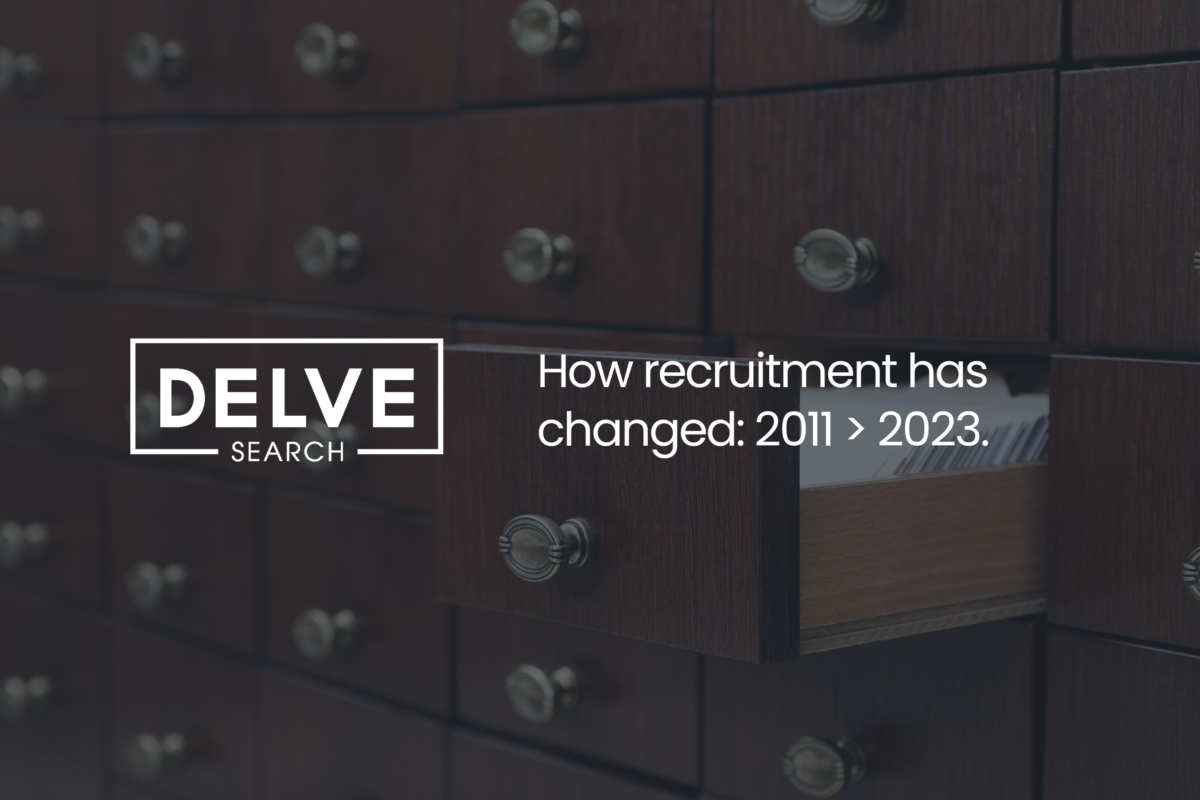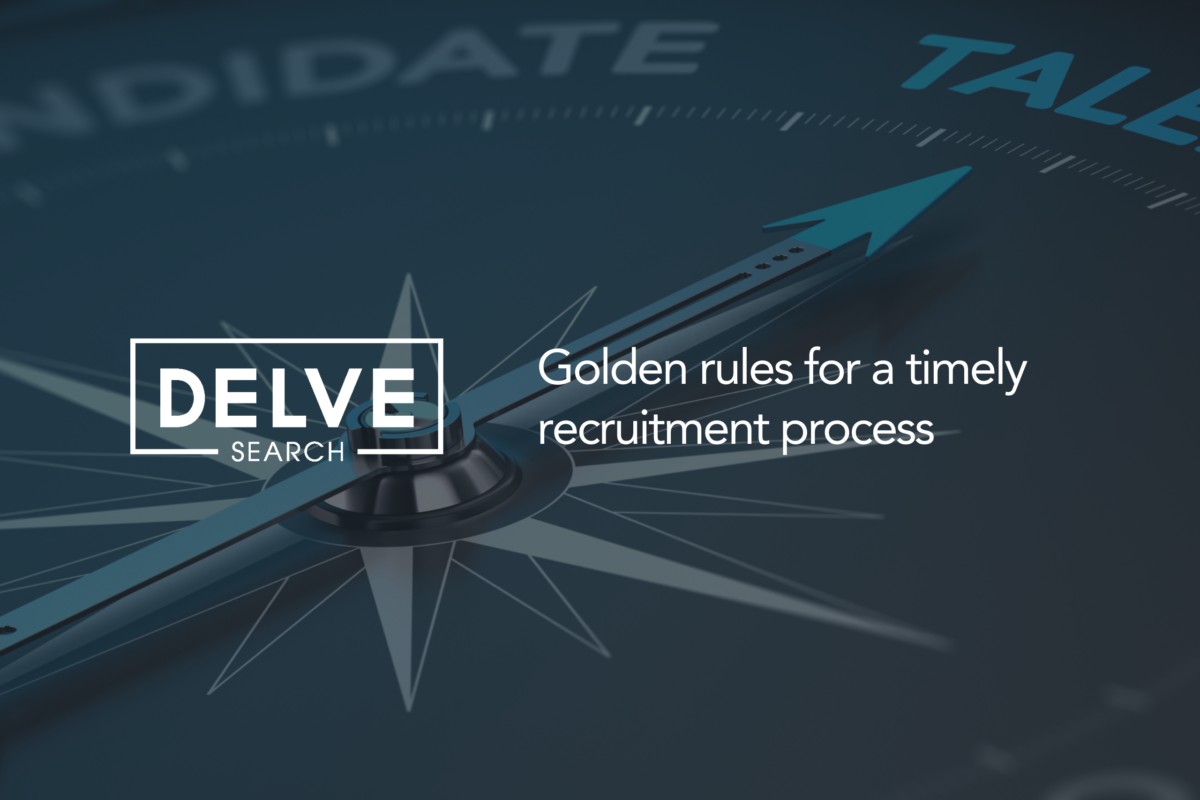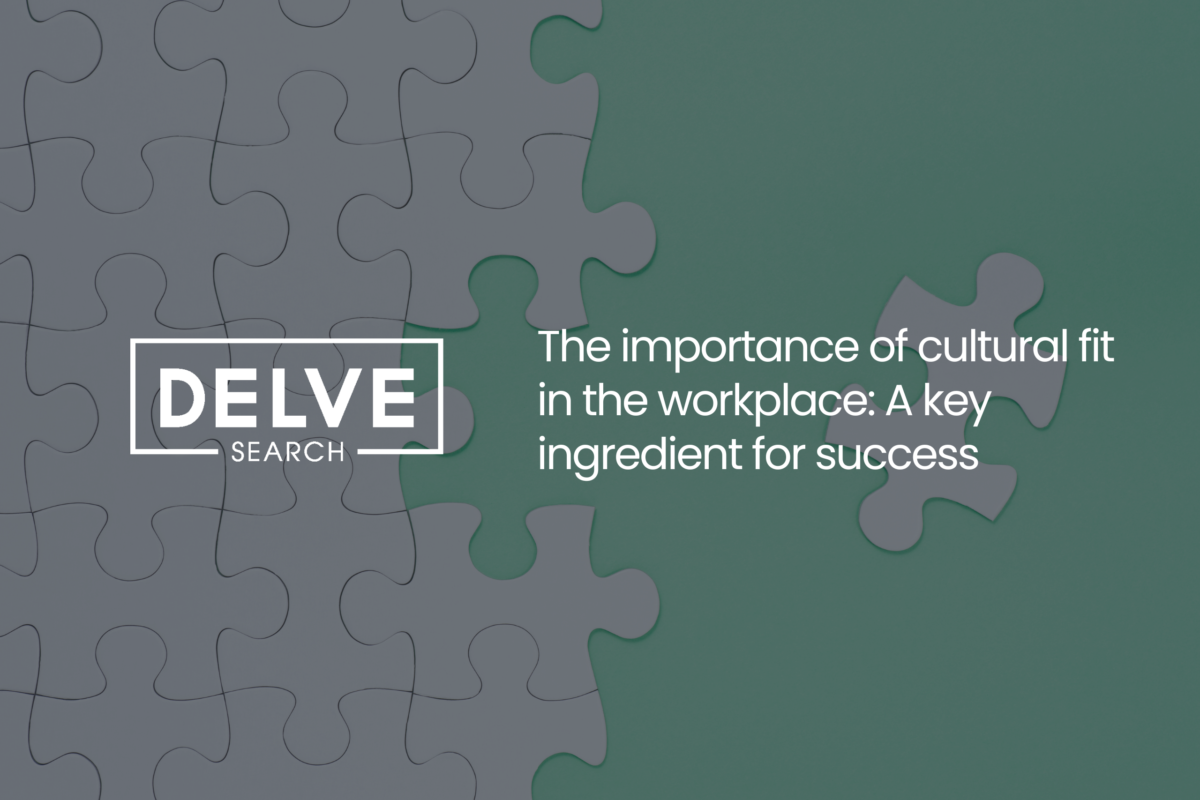
Setting effective recruitment goals for the year ahead
I Keep Six Honest Serving Men by Rudyard Kipling
I keep six honest serving-men
(They taught me all I knew);
Their names are What and Why and When
And How and Where and Who.
I send them over land and sea,
I send them east and west;
But after they have worked for me,
I give them all a rest.
We can use Rudyard Kipling’s poem to help set clear and effective recruitment goals for the year ahead. Here’s how you can apply each question when setting your recruitment goals:
What? Define your specific recruitment goals for the year. This could involve targets such as the number of positions to fill, reducing time-to-hire, improving the quality of hires, or enhancing diversity in the workforce.
Why? Understand the reasons behind each recruitment goal. For example, if the goal is to reduce time-to-hire, it could be to secure top talent before competitors do or to enhance the candidate experience, ultimately improving employer branding.
When? Establish timelines for key recruitment milestones. This could include setting deadlines for posting job openings, conducting initial interviews, and finalising offers. Having a clear timeline ensures that recruitment efforts stay on track and align with broader business objectives.
How? Develop a recruitment strategy that outlines the approach to finding and attracting talent. Consider the use of technology, social media, networking events, and other channels. Also, include strategies for screening candidates effectively and ensuring a positive candidate experience throughout the hiring process.
Where? Identify the specific areas or markets where recruitment efforts will be concentrated. This could involve targeting certain geographical locations, industries, or demographic groups. Understanding the “where” is crucial for tailoring recruitment strategies to different contexts.
Who? Clearly define roles and responsibilities within the recruitment process. Assign tasks such as sourcing, interviewing, and onboarding to specific individuals or teams. Collaboration between recruiters, hiring managers, and other stakeholders is essential for successful talent acquisition.
Regularly reviewing and adapting these questions throughout the year will allow you to stay agile in response to changes in the job market, industry trends, and organisational needs. Additionally, collecting and analysing relevant data, such as candidate feedback and hiring metrics, can provide valuable insights for continuous improvement in the recruitment process.
Our experienced team are here to support you in achieving your 2024 recruitment goals. Get in touch and speak to one of our specialist consultants today:
Call: UK +44 1606 212020 / Germany +49 8954 195 924
Email: info@delverec.com
Share This Blog
Recent Articles

Technical vs. Leadership career paths

The hidden engine of Germany’s innovation: Why the future of engineering relies on a proactive approach

Networking Tips for Semiconductor Professionals in Europe

Key workforce challenges in the Advanced Engineering sector

Breaking into the Semiconductor Industry: Tips for engineering graduates













